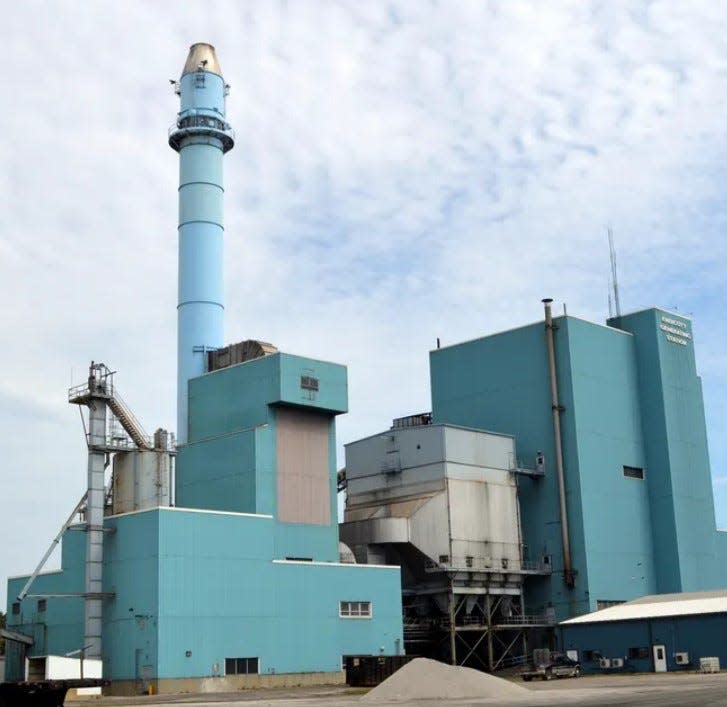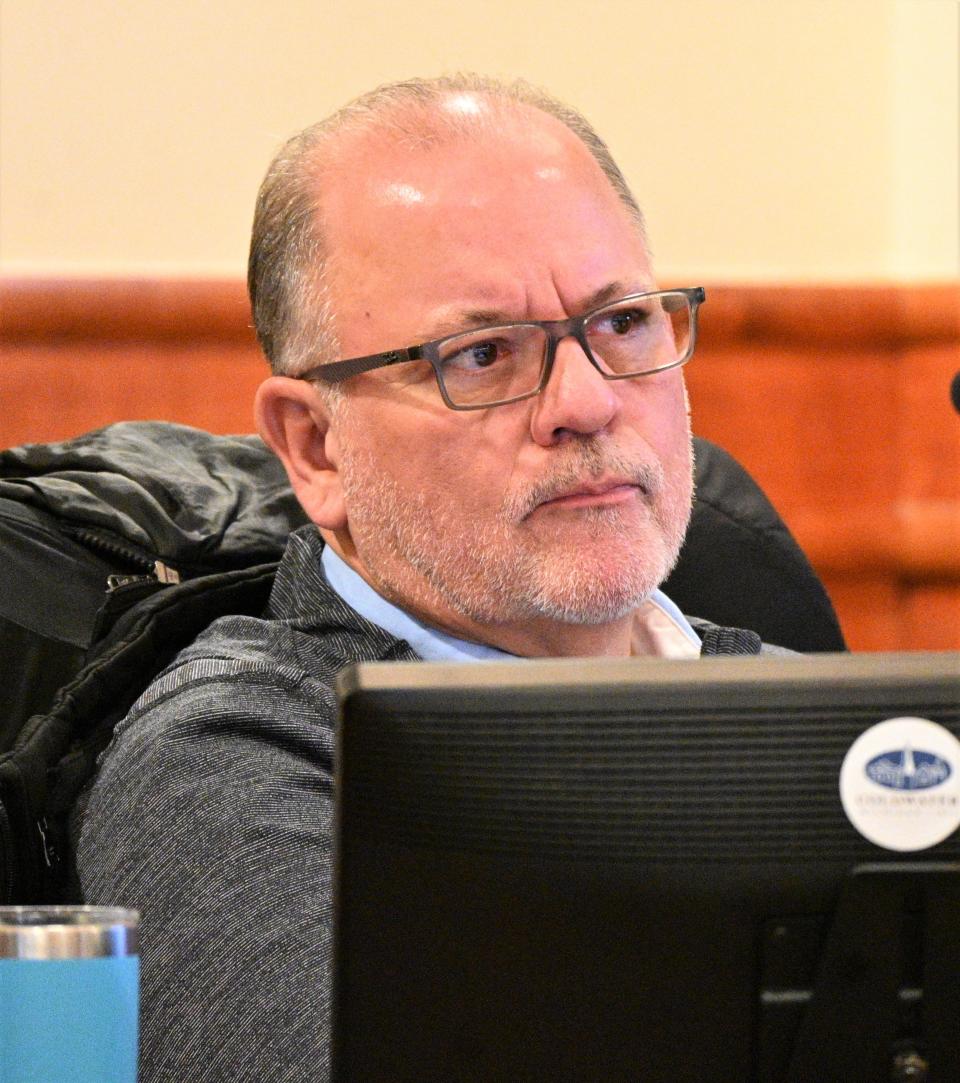South Michigan energy agency says it won't have enough power capacity by 2025
Municipal members of the Michigan South Central Power Agency voted Thursday, Feb. 2, to have its manager notify the Michigan Public Service Commission it will not have adequate resources to meet its power capacity needs for 2025-26 as required under state law.
The agency is working to address that deficiency indirectly related to the 2017 closing of its 55-megawatt Endicott coal-fired power plant in Litchfield and its subsequent demolition.

The cost of that plant’s power production and new environmental regulations was too much to continue operation.
Coldwater, Clinton, Hillsdale and Marshall decided in December to install seven bio-diesel generators totaling 59.3 megawatts in its four member communities to meet future power needs and meet state requirements.
Prior story MSCPA members move to install local generation
After a two-hour closed session Thursday, members could not agree to proceed collectively to purchase the generation units from the North Carolina firm Power Secure.
“Some of the communities are interested in moving forward. Some are unsure,” said MSCPA chair and Hillsdale city manager Dave Mackie.

The size of units, cost and financing costs will impact the price customers pay per kilowatt. Proposed pricing, financing and costs were part of the closed session discussion.
Some members are unsure of the technology being used, reciprocating internal combustion engines termed RICE units fueled by bio-diesel. Some think natural gas is a better fuel.

“The documentation will be going in front of each individual communities over the month of February to decide on their own," Mackie said.
The Hillsdale manager said the Hillsdale Board of Public Utilities plans to recommend the city go forward.
“We have two sites with potential for 15 megawatts of capacity.”
Coldwater Board of Public Utilities authorized Wednesday night to proceed with purchase of 7.5 MW, half of the original proposed 15 MW.

“We will continue to move forward with them. But we're going to continue to look at what the best cost option is for our customers, whatever that option may be," manager Paul Jakubczak said.
“We're going to have to do something," Marshall utility manager Kevin Maynard said. "We need to meet our capacity requirements.”
“We've developed our power supply portfolio, taken numerous pieces from different projects as a means to try to reduce our risk on any one of those particular projects," Maynard said.

Marshall considered 18.7 MW to meet its needs. The alternative to building generation is power purchase agreements from existing or planned generators including solar.
“Capacity prices are likely to increase because there isn't a lot of capacity being constructed here. There's quite a bit that's being retired with coal fired generation and Palisades nuclear," Maynard said.
Maynard will take the issue back to his city council for consideration.
“We think there's a risk of not doing something.”
His question is how much of the capacity should be put into RICE generators.
Members purchased output from various gas, hydroelectric, coal, solar, wind and even battery storage to cover power needs after closing Endicott.
MSCPA had plans since 2019 to a 50 MW gas powered generator off Newton Road in Coldwater. Those plans were scraped in December after the price rose from $35 million to $55 million.
Prior story CBPU cancels plans for high-cost 50 MW natural gas generator
Also adding to the cost was the Midcontinent Independent System Operator setting the cost of transmission grid upgrades at $4 million just to connect the plant.
The local RICE generator would be built “behind the meter” on the municipal side of the grid, avoiding the cost of transmission upgrades.
In 2016 Public Act 341 required “all electric providers to annually demonstrate to the MPSC that they have enough generating capacity to serve customers four years into the future. This includes municipal utilities.”
Subscribe Subscribe to the Daily Reporter.
MSCPA manager Pam Sullivan said the agency will talk to the Public Service Commission, “And explain the reason for the deficiency, work on a solution, and then refile in the next few months with the plan to meet and correct that deficiency.”
Whatever decision will impact the future cost of electricity for each municipal customer.
— Contact Don Reid: dReid@Gannett.com. Follow him on Twitter: @DReidTDR.
This article originally appeared on Coldwater Daily Reporter: No consensus on MSCPA cities power supplies for 2025-26 with questions about local generators

